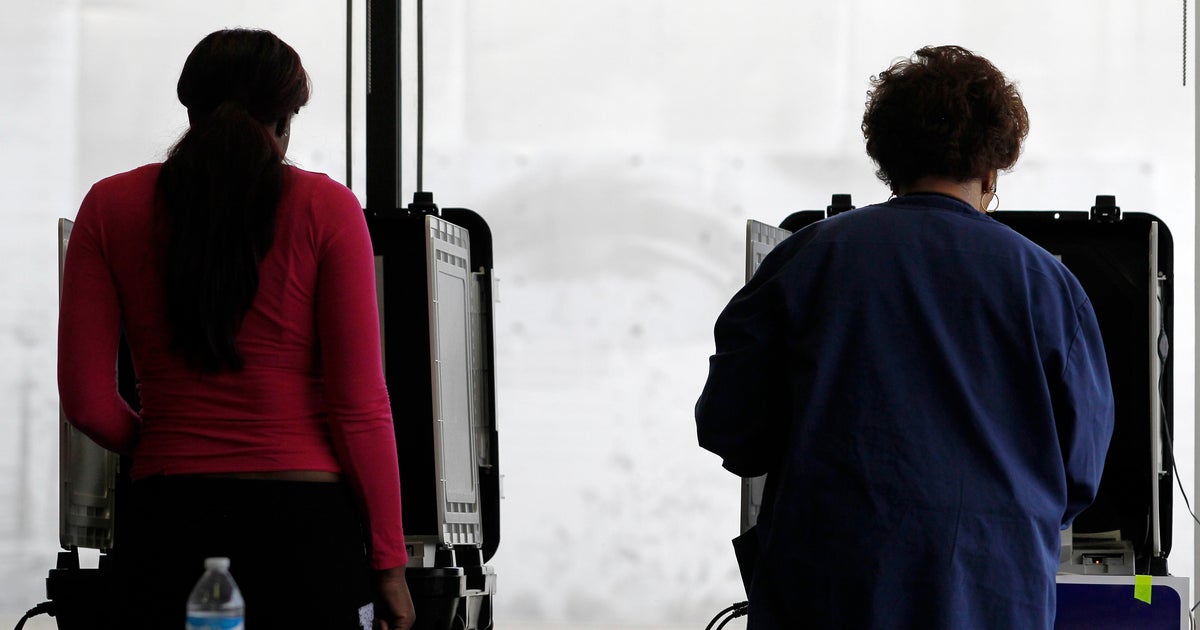Johns Hopkins Adds Groundbreaking Dimension To Patient Safety
BALTIMORE W(JZ)--Johns Hopkins adds a groundbreaking dimension to patient safety.
Pat Warren reports, the hospital system hopes to lower the risk of surgical complications by applying new standards to surgeons.
How qualified is your surgeon?
According to an analysis by U.S. News, between 2010 and 2012, 11,000 patients died in the hands of hospitals that rarely performed the operation they needed.
Those patients likely would have lived had the procedure been routine.
"I was caring for an elderly woman in the ICU who was transferred in from another hospital in Baltimore and had a procedure that went terribly wrong," said Dr. Peter Pronovost, Johns Hopkins Patient Safety.
Dr. Peter Pronovost is Director of the Johns Hopkins Armstrong Institute for Patient Safety.
"And I looked it up because the complications seemed so egregious and that hospital had done one of these in the last two years," Pronovost said.
He's working to establish a set minimum of operations in order for a surgeon to be considered qualified for a particular procedure.
"If you're below that number you probably shouldn't be doing it," he said.
In other words, practice makes perfect.
Pronovost says, "I think we're seeing a culture change of being much more patient centered and transparent and saying the days when you could do anything you want because you had an MD behind your name aren't serving our patients as well as they could."
And in the course of this culture change, patients too have a role.
"So if you're having a procedure you should absolutely ask as part of your going in, 'How many of these have you done?' And I wouldn't settle for, 'I've done a lot,' because it's a vague answer. And 'How many has the hospital done?'"
Evidence points to the benefits of making procedures routine.
Johns Hopkins is one of three hospital systems nationwide to establish minimum volume standards.
The group still needs to work out details like how to make sure new doctors build experience.







